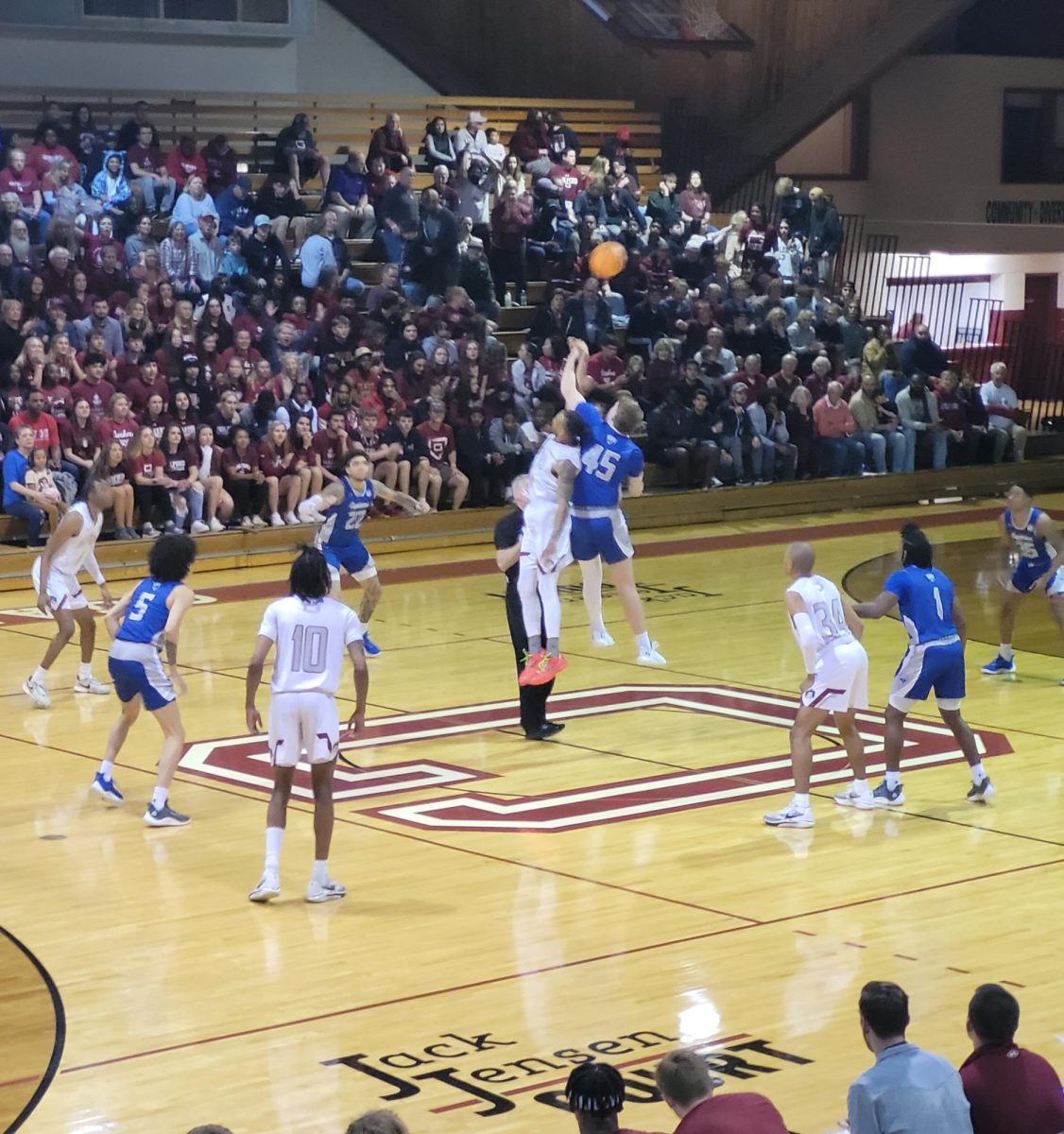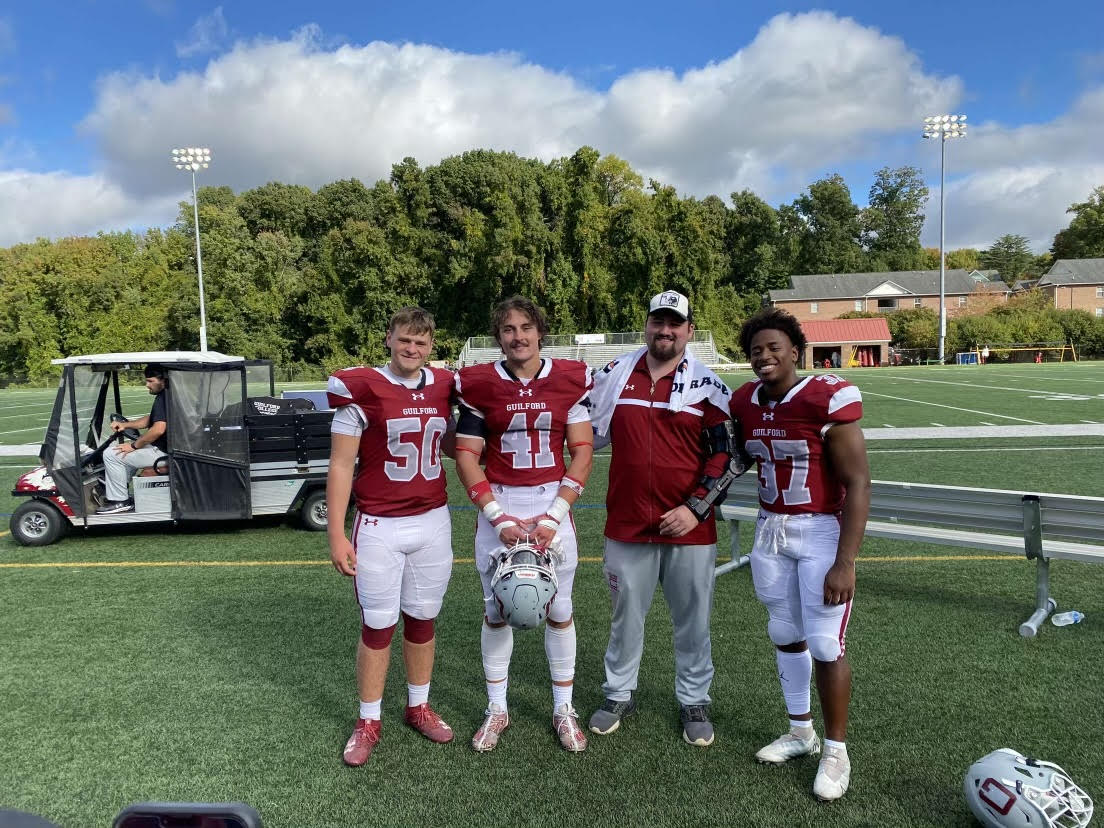“Hey, wassup, you half n—– piece of s—,” said Miami Dolphins guard Richie Incognito in a voicemail to teammate tackle Jonathan Martin, according to ESPN. “F— you, you’re still a rookie. I’ll kill you.”
When Martin left the team during Week 9 of the NFL season, it was due to emotional reasons, allegedly brought on by interactions like these with Incognito.
The unfortunate situation, which is murkily being sorted out, has rekindled the debate about hazing in sports and left many taking sides between Incognito and Martin.
Incognito was suspended from the team on Nov. 4, for player misconduct and an NFL investigation is ongoing.
However, Dolphins players have thrown their support behind Incognito.
“I think if you had asked Jon Martin a week before who his best friend on the team was, he would have said Richie Incognito,” Dolphins quarterback Ryan Tannehill commented during a media session.
What could be considered a “sports issue”relegated to the NFL has noticeable carryover to the professional world. Hazing is common in the military and the workplace, not to mention on college campuses.
It just so happens that hazing is also very prevalent in the locker room.
“On some teams (hazing) is deeply ingrained, to the point where upperclassmen or in the pros veterans feel as if it is their duty to, in some way, ‘initiate’ players,” said Associate Professor of Sports Studies Robert Malekoff in an email interview.
But was the voicemail an effort to “initiate” Martin, who is in his second year in the league? The argument can be made that this is not a case of hazing at all.
“My initial reaction was ‘you’ve got to be kidding me,’” said former NFL quarterback Brett Favre, in an interview with NBC. “All I’m saying is, my initial reaction was, ‘A grown man who is 320 pounds is getting bullied?’”
Perhaps the entire debacle has been overblown.
In his defense, Incognito has come forth in an interview to FOX Sports with evidence revealing Martin sent him a text that read “I will murder your whole f—ing family.”
Incognito claims that sending such messages are a common practice amongst teammates.
There is likely middle ground to be found between the ”he said, he said“ accounts.
“It looks a lot like bullying,” said Associate Professor of Justice and Policy Studies Will Pizio.
No matter how the Incognito-Martin situation plays out, one thing is certain: there is an increased awareness of hazing and the damage it can inflict.
“It’s a form of bullying,” said junior baseball player Terrence Hearst.
Junior basketball forward Will Koppenhaver revealed his experiences with hazing.
“It was never too bad,” he said. “Nothing like getting duct-taped to a pole.”
Indeed some experiences are relatively harmless. Incognito said that he did not think Martin would murder his family.
“I knew it was coming from a brother,” said Incognito. “I knew it was coming from a friend.”
Thinking this way, however, can create a bigger problem.
Allowing certain actions can be a slippery slope, which is why many institutions support zero tolerance policies regarding hazing.
Also, not all people share the same experiences in life. What one person can see as harmless can be viewed as humiliating or degrading to another.
Perhaps it was said best on HazingPrevention.org: “You don’t know what will break someone.”







